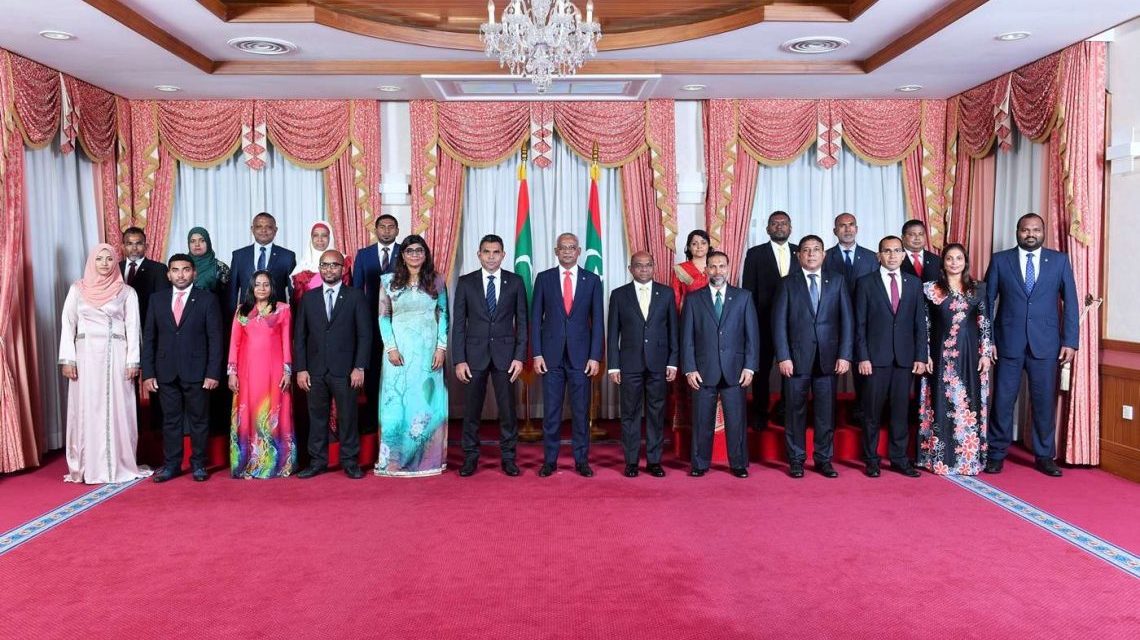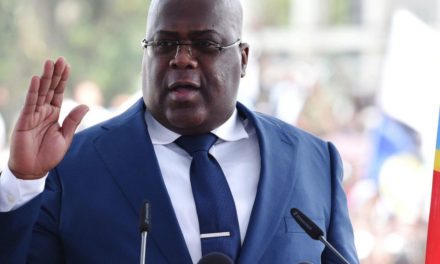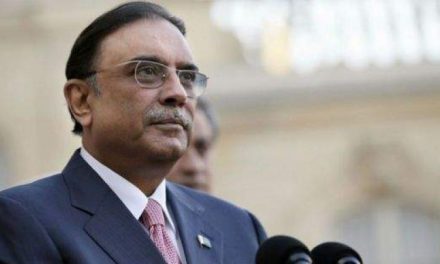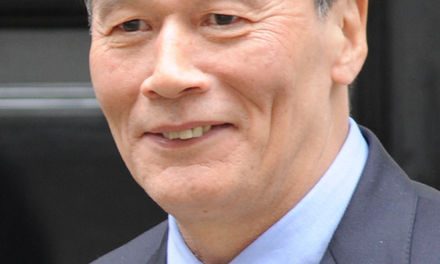26 November 2018
New cabinet is in picture above.
Since the second republic, Maldives had been under autocratic rule. Former president Abdulla Yameen’s dictatorial rule was characterised by corruption and human rights abuses including incarceration of dissidents. During his presidency fundamentalist practices dominated the culture and several fighters joined ISIS and al Qaeda from the Maldives. Maldives became more radicalised. People wanted a change.
Abdulla Yameen was very hopeful of winning the presidential race. He had plenty of money looted from the government to buy votes, like his erstwhile counterpart Najib Razak of Malaysia who had taken billions of dollars from the government to pay for election expense. On the day prior to the election day, Yameen had $1.5 million deposited in his bank account to meet election expenses. Challenging Yameen was a formidable task. So, in order to challenge Abdulla Yameen, four major opposition parties joined together to fight the presidential election.
Ibrahim Mohamed Solih won. In order to accommodate the four constituent parties, he increased the number of cabinet positions. He allocated cabinet positions according to the strength of the parties; 40 percent for the MDP, 25 percent for the Jumhooree Party (JP), 20 percent for former president Maumoon Abdul Gayoom, and 15 percent for the Adhaalath Party. The four leaders Gayoom, Gasim Ibrahim, Sheikh Imran and Mohamed Nasheed declared that they will not assume any portfolio but remain as advisers and meet once a month to smoothen out the differences and advise the Government.
Since the announcement of the cabinet there have been sporadic allegations made in the social media against some members of the new cabinet. This could be the work of Yameen supporters to cause a division in the government to facilitate Yameen’s comeback to power.
Much of the criticism is levelled against Jumhooree Party (JP) and particularly against Aishath Nahula, the wife of JP leader Gasim Ibrahim, as minister of transport and civil aviation, and JP president Ali Waheed as minister of tourism. Conflicts of interest was expressed as Gasim’s Villa empire operates several resorts and an airline. It was also mentioned that Abdulla Ameen and Mohamed Maseeh Jamal from the JP were also ministers under former president Yameen. These are some of the valid concerns. But one should not pre-judge the new ministers. There is no way the president could have avoided giving cabinet positions to JP. The party chooses the ministerial candidates. If the president controls his cabinet tightly, he should be able to contain any future corruption.
In an approval rating survey conducted https://mvratings.com the following ministers received poor ratings:
Ibrahim Ameer, Minister of Finance
Mohamed Maleeh Jamal, Minister of Communication, Science and Technology
Abdulla Ameen, Minister of Health
Aishath Nahula, Minister of Transport and Civil Aviation
Ali Waheed, Minister of Tourism
Aminath Athifa, Minister of Housing and Urban Development
Sidhatha Shareef, Minister of Gender, Family and Social Services
Sheikh Imrah Abdulla, Minister of Home Affairs
This is just an expression of public opinion. We do not know whether this is realistic or not. We should give the benefit of the doubt to the new ministers and wait and see how they perform in their respective positions.
Mohamed Nizar, president of the privatisation and corporatisation board, announced the removal of 21 political appointees of the previous government as chairpersons, managing directors and board members of 11 state-owned companies. This was to ensure that they will not undermine the rule of the new government. Since the incorporation of the state media corporation in April 2015, television and radio channels functioned as government mouthpiece. For instance, PSM News coverage of Yameen was 97 percent positive, in contrast to 96 percent negative coverage of joint opposition candidate Ibrahim Mohamed Solih. Maldives Independent reported.
New President of Maldives, Ibrahim Mohamed Solih has reiterated key pledges, including implementing judicial reform, restoring fundamental rights, recovering stolen assets, and seeking the truth behind unresolved murders and abductions as his priorities in the first 100 days of his administration. DD news reported.
New Maldives government is said to begin untangling secret building deals Yameen made with China amid warnings of ‘land grab’ and US$3 billion debt. With minimal oversight, Yameen leased an island near the capital to Beijing at a cut-rate price and invited Chinese state-owned developers to build a mile-long bridge, thousands of flats and a new runway, fuel farm and passenger terminal at the main international airport. And nearly all of this was done under secret terms, without other bids and at inflated prices that raised questions of corruption. China calls it as friendly development assistance. But critics say that these bridges, motorways, power plants and ports are designed to further China’s diplomatic and security objectives. Besides, last year, Yameen pushed through parliament a free trade agreement with China that makes explicit reference to “provisioning a military establishment” and nuclear materials. This is not going to bode well for its neighbour, India. South China Morning Post reported.
President Solih is setting out to do what Dr. Mahathir Mohamed is doing in Malaysia. Mahathir has vast experience after facing many crises. But president Solih is new to the game.
Most difficult part for Mr Solih will be the negotiations with the Chinese. They insist on both parties respecting the written agreement. Mr Solih will not want to rock the boat, because Chinese visitors account for a third of the tourists and the external trade with China is growing with the Free Trade Agreement (FTA) in place. The FTA will also open up the tourism sector to Chinese investors and allow them to operate hotels, restaurants, yacht marinas, as well as travel agencies and transport services.
Renegotiations with China will be tough as Pakistan has found out. Pakistan has already handed over the operation of Gwadar port to China for a period of 40 years. Sri Lankan government agreed to hand over Hambantota port to China on a 99-year lease as a way of paying down some of that debt.















